Optimal Timing for Dead Bolt Installations
Dead bolt installations are a critical component of security for residential and commercial properties. Timing plays a significant role in ensuring optimal performance and convenience. Proper scheduling can prevent delays and ensure that the installation process aligns with property access needs.
Installing dead bolts during mild weather conditions, such as spring or early fall, can facilitate easier installation and reduce weather-related delays.
Timing the installation when the property is vacant or during a scheduled renovation can minimize disruptions and enhance security.
Scheduling in advance allows for proper preparation, ensuring that the correct hardware and tools are available for a smooth process.
Immediate installation may be necessary after a security breach or break-in to restore safety promptly.
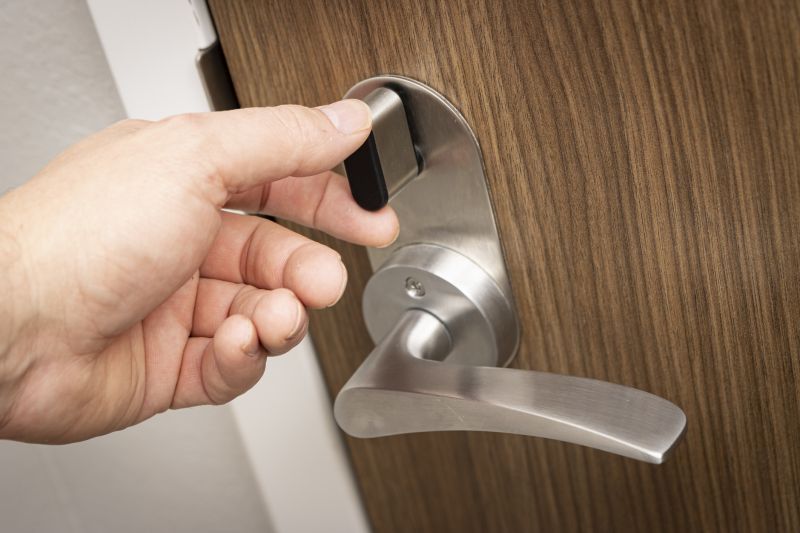
Ways to make Dead Bolt Installations work in tight or awkward layouts.
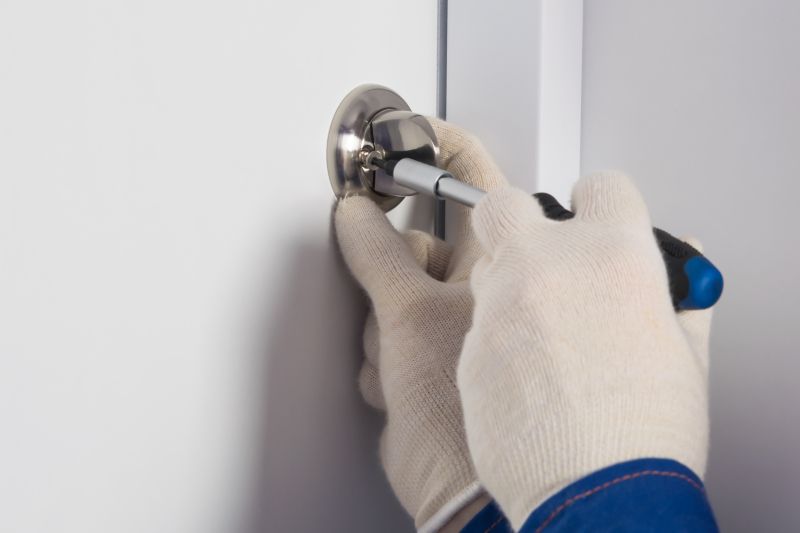
Popular materials for Dead Bolt Installations and why they hold up over time.
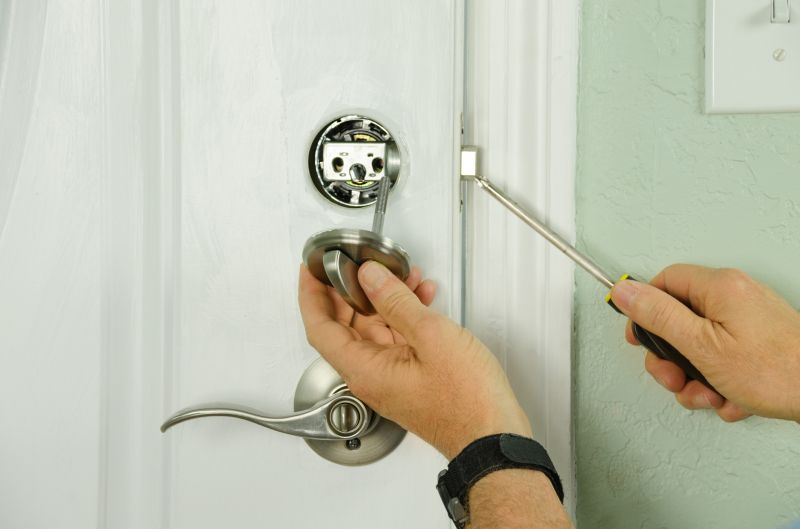
Simple add-ons that improve Dead Bolt Installations without blowing the budget.
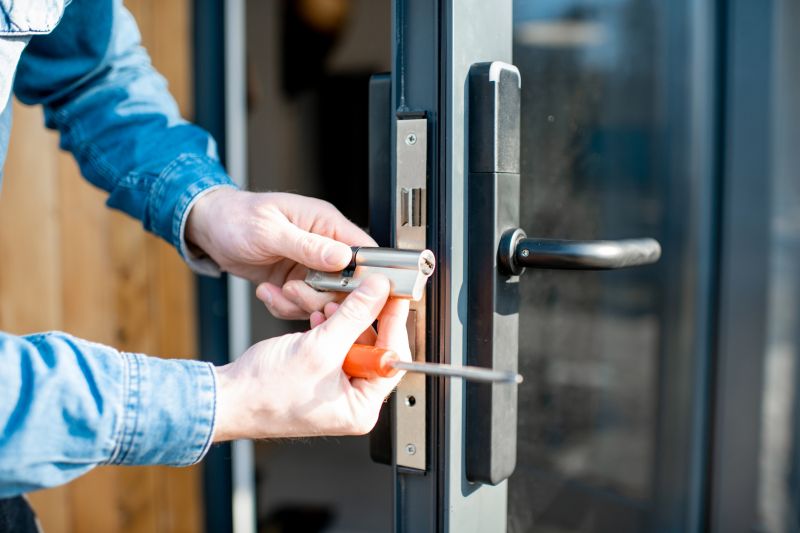
High-end options that actually feel worth it for Dead Bolt Installations.
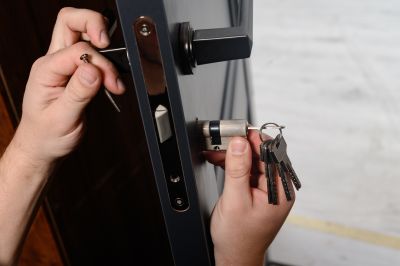
Finishes and colors that play nicely with Dead Bolt Installations.
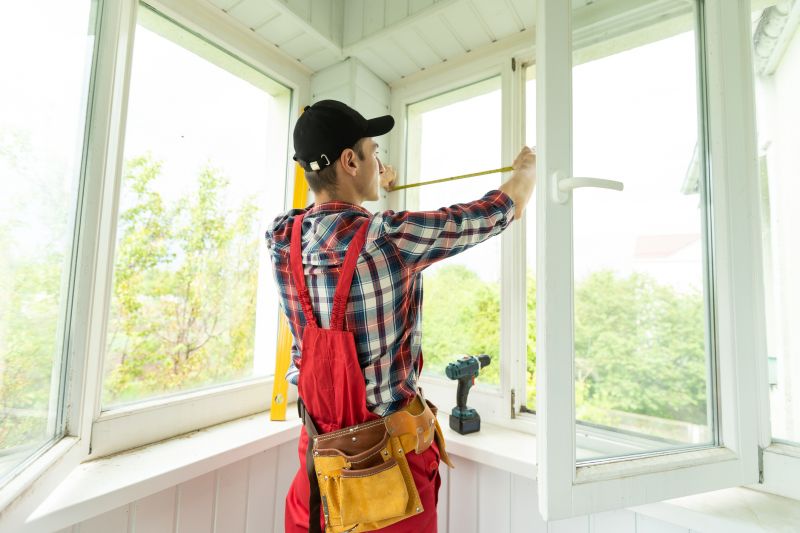
Little measurements that prevent headaches on Dead Bolt Installations day.
Dead bolt installations involve securing a sturdy lock mechanism into door frames to enhance security. Proper installation ensures durability and resistance against forced entry. The process typically includes measuring, drilling, and securing the lock with appropriate hardware. According to security reports, dead bolts significantly reduce the risk of unauthorized entry when installed correctly, with effectiveness rates exceeding 90% in preventing break-ins.
Optimal timing for installing dead bolts depends on various factors, including weather conditions, property access needs, and security concerns. Planning installations during favorable weather conditions can reduce complications, especially for outdoor doors. Additionally, scheduling during periods of low activity minimizes inconvenience for occupants and allows for thorough work. Immediate installation may be warranted following security incidents to restore safety swiftly.
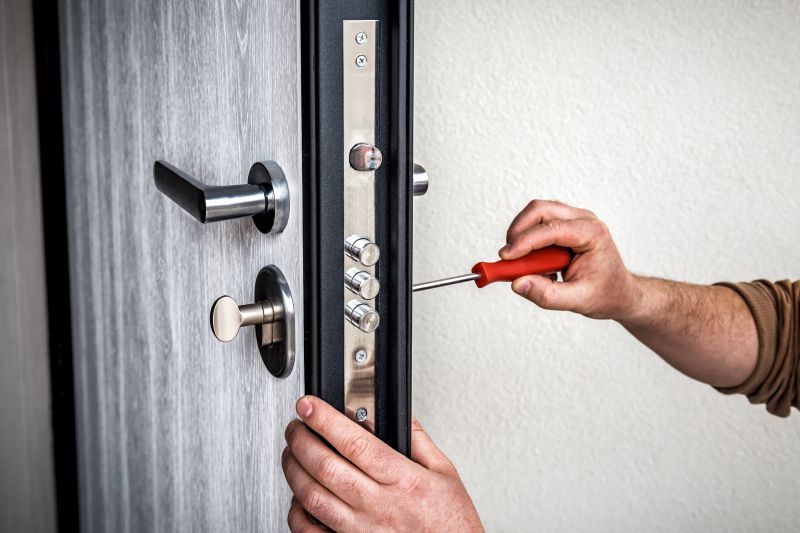
A 60-second routine that keeps Dead Bolt Installations looking new.
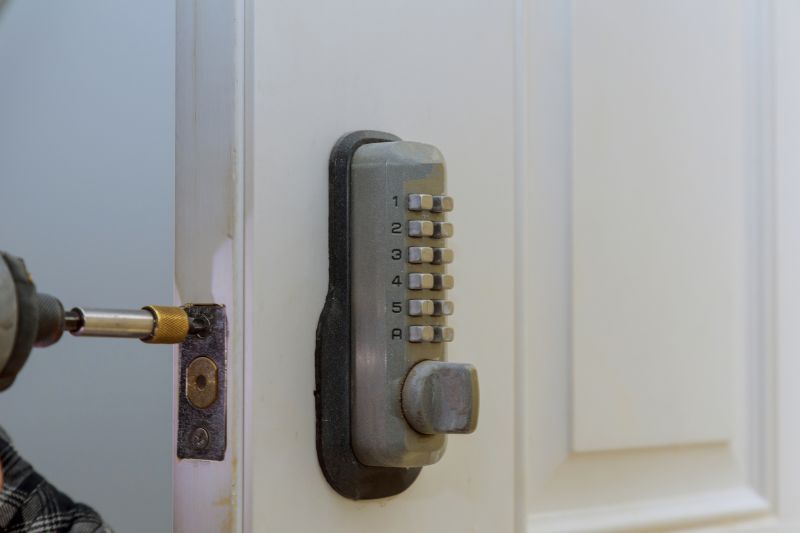
A frequent mistake in Dead Bolt Installations and how to dodge it.
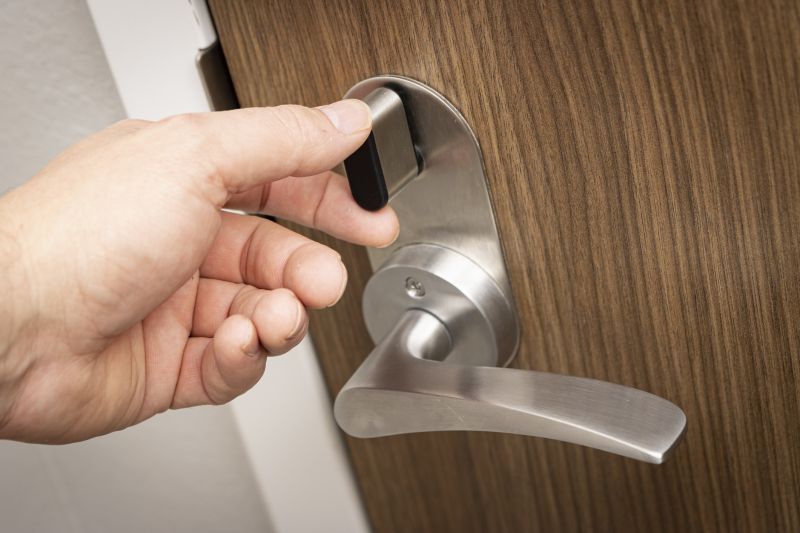
Small tweaks to make Dead Bolt Installations safer and easier to use.
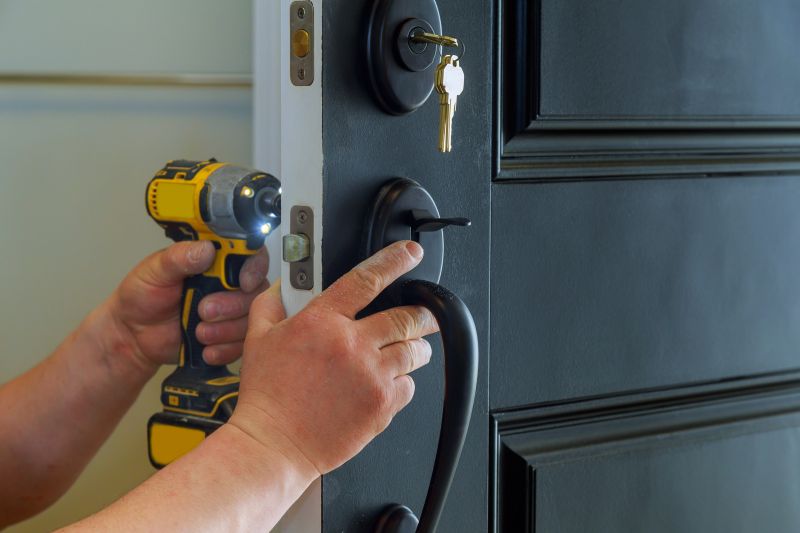
Lower-waste or water-saving choices for Dead Bolt Installations.
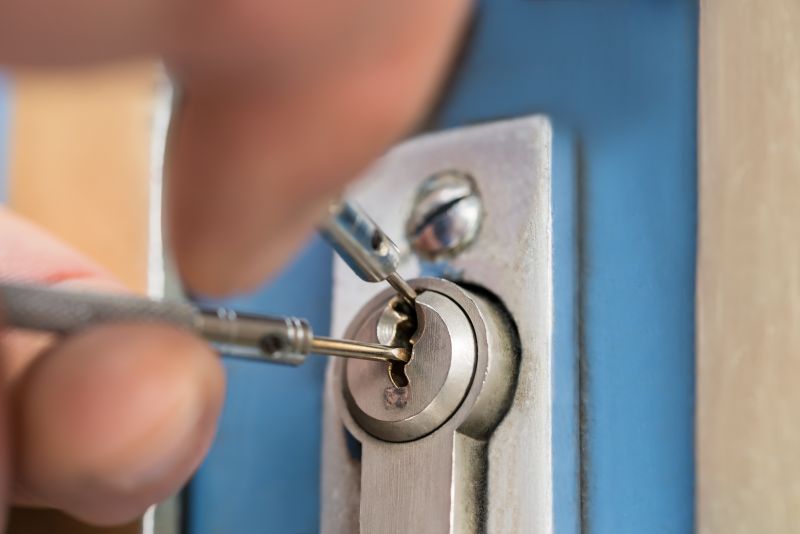
The short, realistic tool list for quality Dead Bolt Installations.
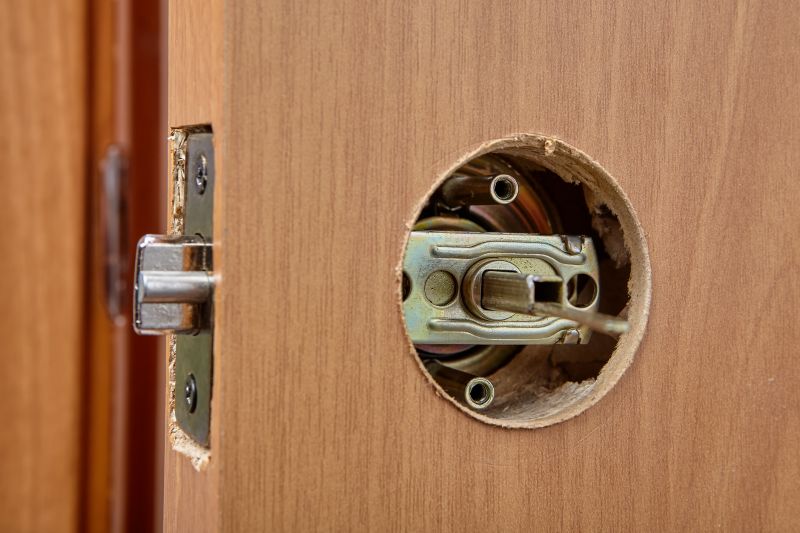
Rough timing from prep to clean-up for Dead Bolt Installations.
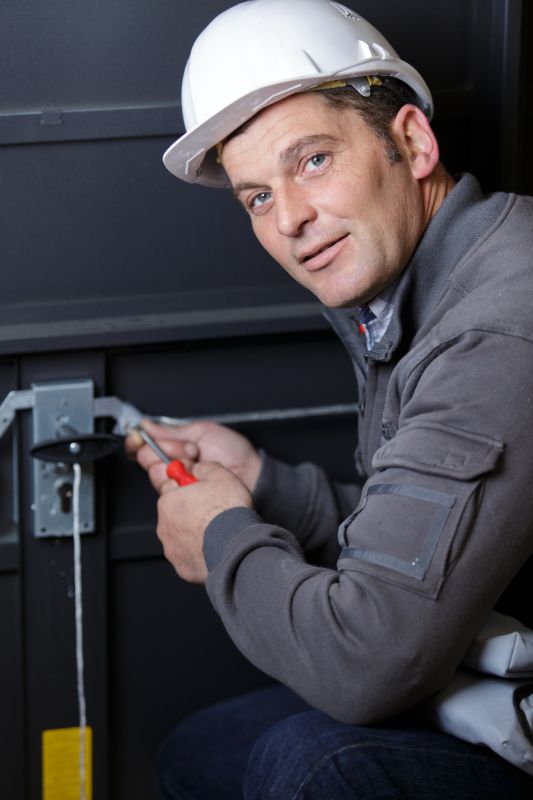
Quick checks and paperwork to keep after Dead Bolt Installations.
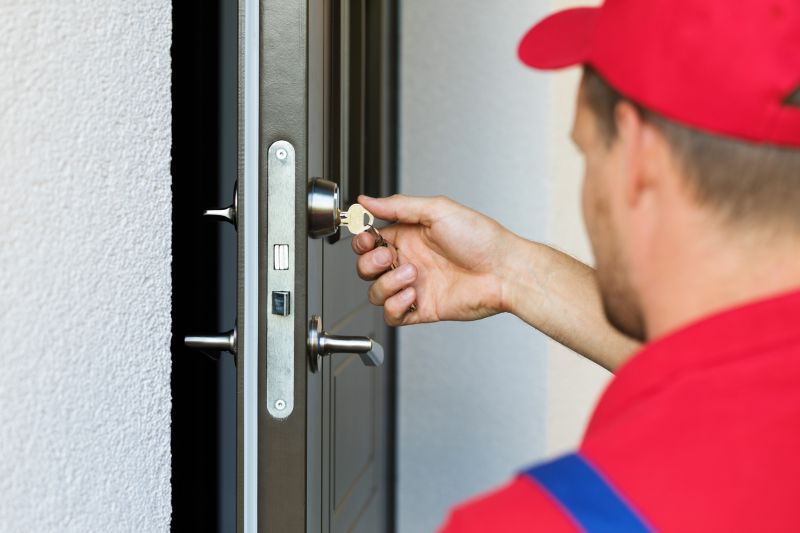
Examples that show the impact a good Dead Bolt Installations can make.
| Timing Factor | Recommendation |
|---|---|
| Weather Conditions | Install during mild, dry weather to facilitate work and ensure hardware integrity. |
| Property Vacancy | Schedule during times when property is unoccupied to minimize disruptions. |
| Security Needs | Immediate installation following security threats or breaches. |
| Maintenance Periods | Align with regular maintenance schedules for efficiency. |
| Seasonal Timing | Prefer spring or early fall for outdoor installations due to moderate climate. |
| Property Renovations | Coordinate with renovation timelines to integrate security upgrades. |
| Occupant Availability | Plan when occupants are available for access and supervision. |
| Emergency Situations | Proceed immediately to restore security after incidents. |
